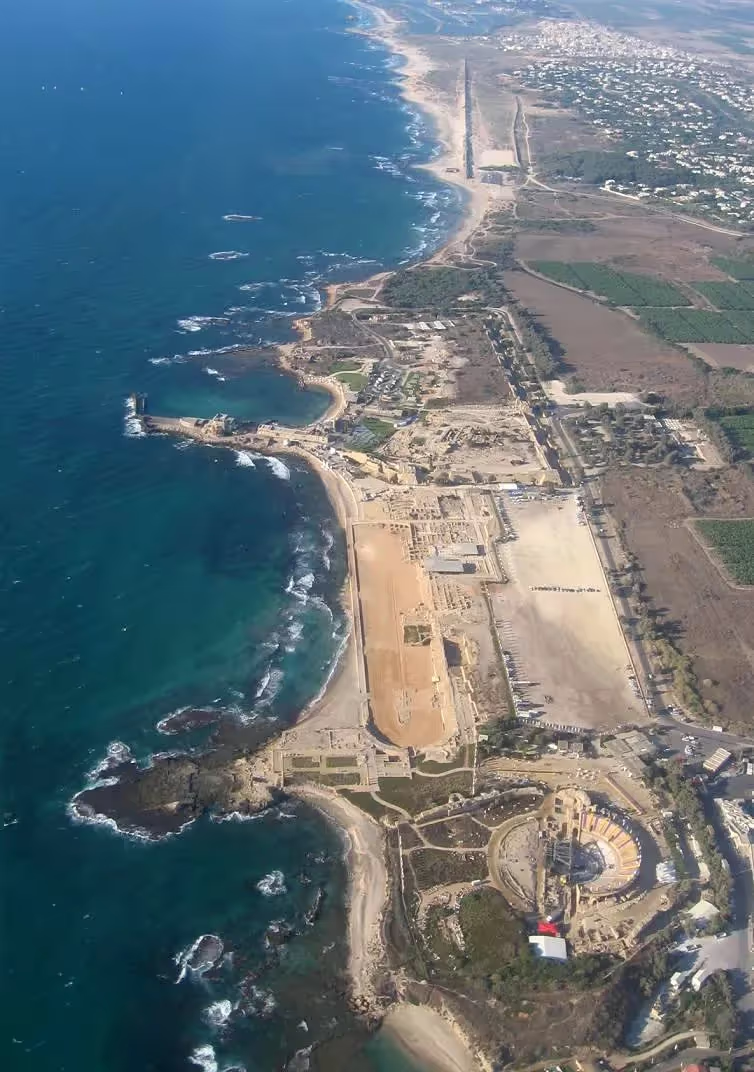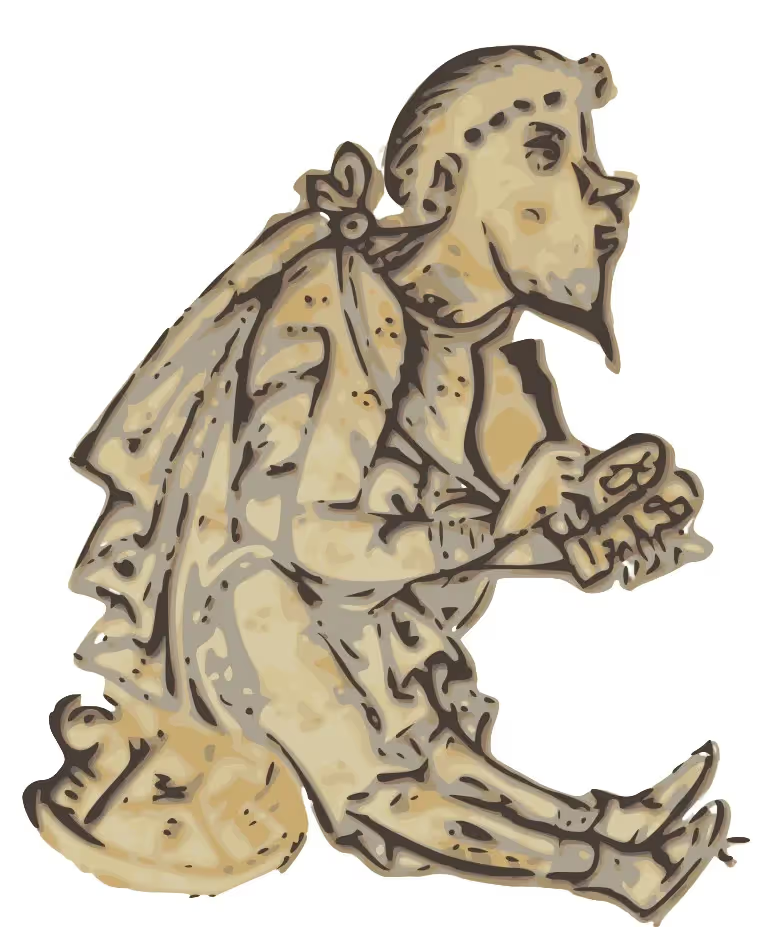La mort d'Hérode le Grand
Hérode tomba gravement malade en l’an 4 avant notre ère, à l'âge d'environ 70 ans. Alors qu'il était malade, il s'installa dans son palais de Jéricho. Flavius Josèphe a longuement écrit sur l'horrible maladie d'Hérode, y compris l'ulcération et les terribles douleurs du côlon, la malignité et la destruction des organes. Nombreux furent ceux qui s’accordèrent que sa fin était bien méritée, ses actions brutales l'ayant laissé sans personne pour le pleurer.
Flavius Josèphe, Antiquités, Livre XVII, Chapitres 6-8
"(Hérode) leur parla ainsi: ‘Je mourrai dans peu de temps, tant mes douleurs sont grandes. Laquelle mort devrait naître joyeusement, et être bien accueillie par tous les hommes. Mais ce qui me trouble surtout, c'est ceci: je mourrai sans être pleuré, et sans le deuil que les hommes attendent ordinairement à la mort d'un roi...ʼʼ Et maintenant, Hérode modifia son testament, selon le changement de son esprit. Il nomma Antipas, à qui il avait auparavant laissé le royaume, tétrarque de Galilée et de Pérée, et accorda le royaume (de Judée) à Archélaüs."
Comme Auguste n'avait pas confirmé cette révision, personne ne reçut le titre de roi. Cependant, trois des fils d'Hérode, Hérode Archélaüs, Hérode Antipas et Hérode Philippe II obtiinrent finalement le gouvernement des territoires déclarés.
Aperçu
Flavius Josèphe, Antiquités, Livre XVII, Chapitres 6-8
"(Hérode) leur parla ainsi: ‘Je mourrai dans peu de temps, tant mes douleurs sont grandes. Laquelle mort devrait naître joyeusement, et être bien accueillie par tous les hommes. Mais ce qui me trouble surtout, c'est ceci: je mourrai sans être pleuré, et sans le deuil que les hommes attendent ordinairement à la mort d'un roi...ʼʼ
... Et maintenant, Hérode modifia son testament, suite à l’altération de son esprit. Car il nomma Antipas, à qui il avait auparavant laissé le royaume, tétrarque de Galilée et de Pérée, et accorda le royaume (de Judée) à Archélaüs."
Hérode Antipas (le beau-père de Salomé des "Sept Voiles") et Hérode Archélaüs étaient les fils d'Hérode le Grand. Sarcophage d'Hérode le Grand, trouvé à Hérodion, exposé au Musée d'Israël




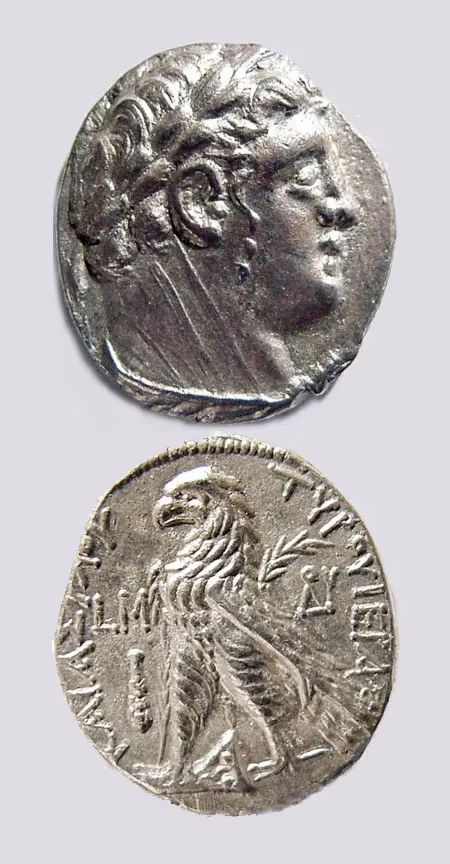
.avif)

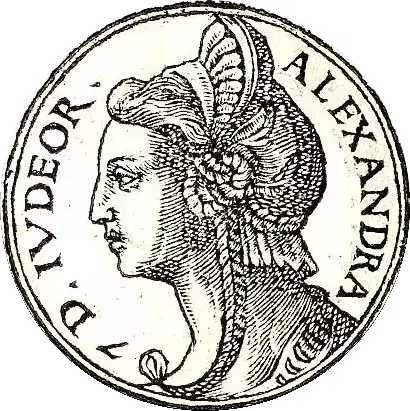
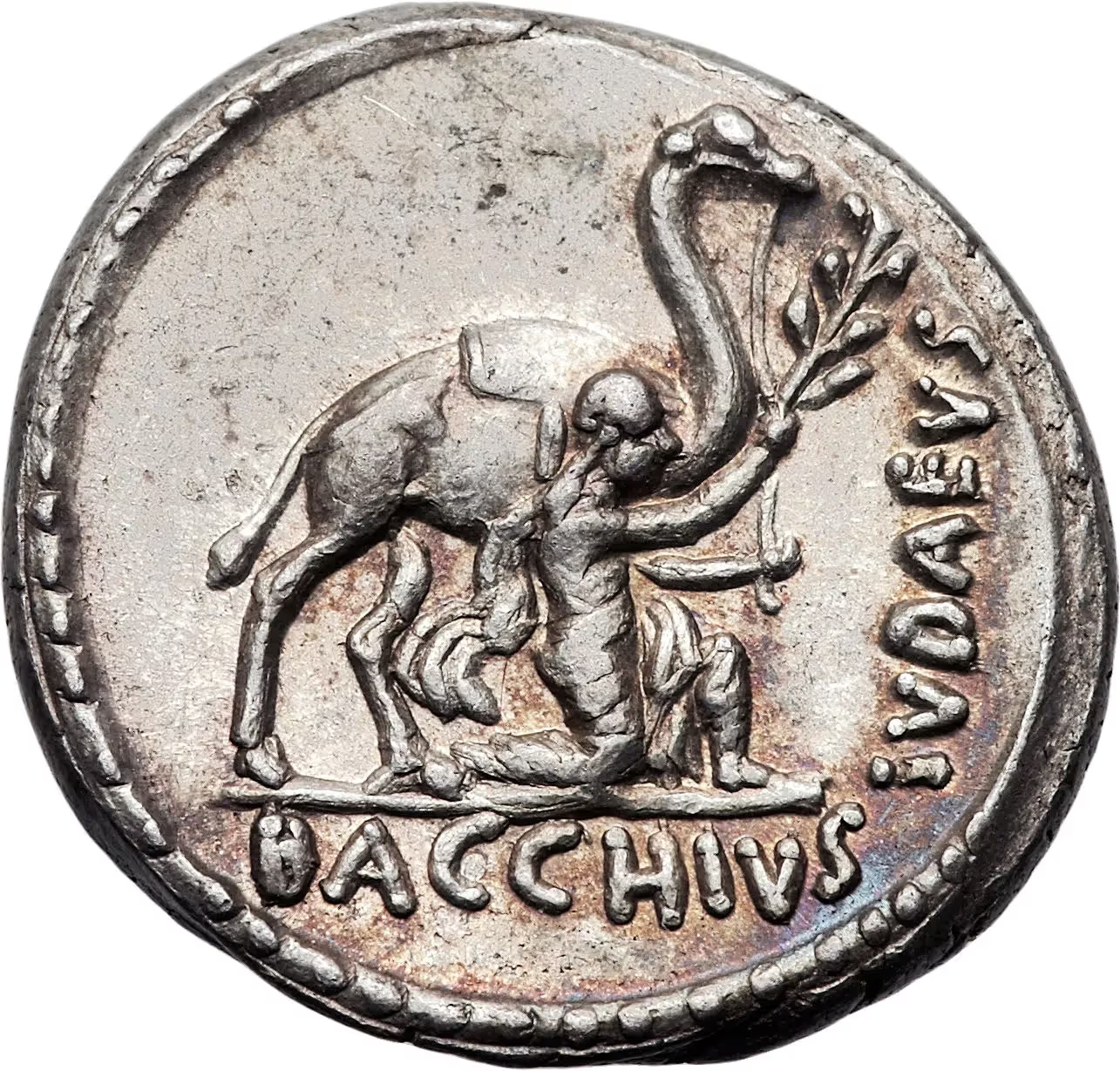

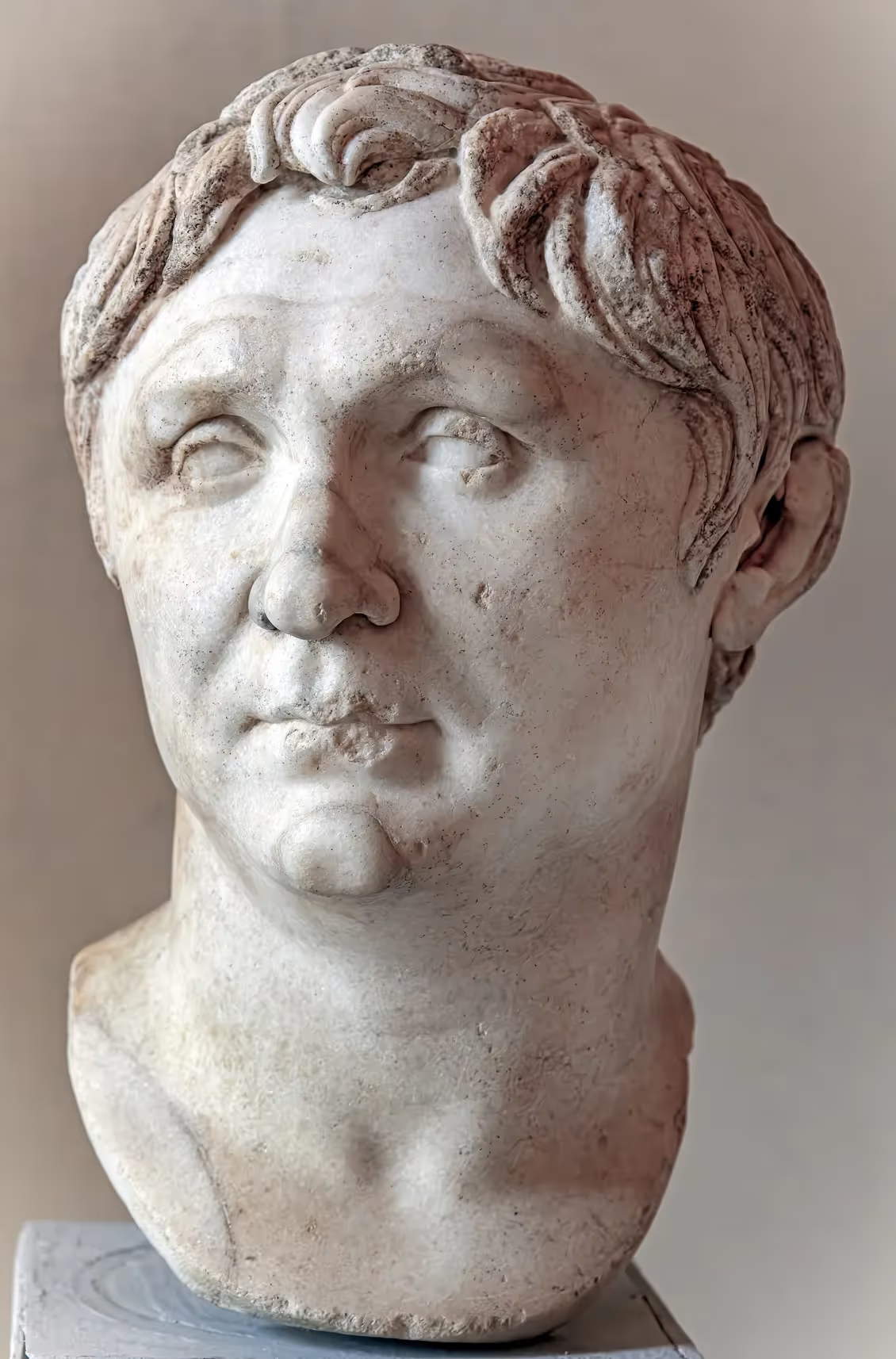
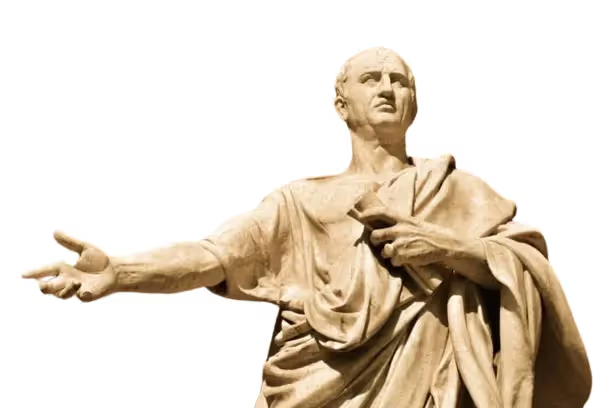
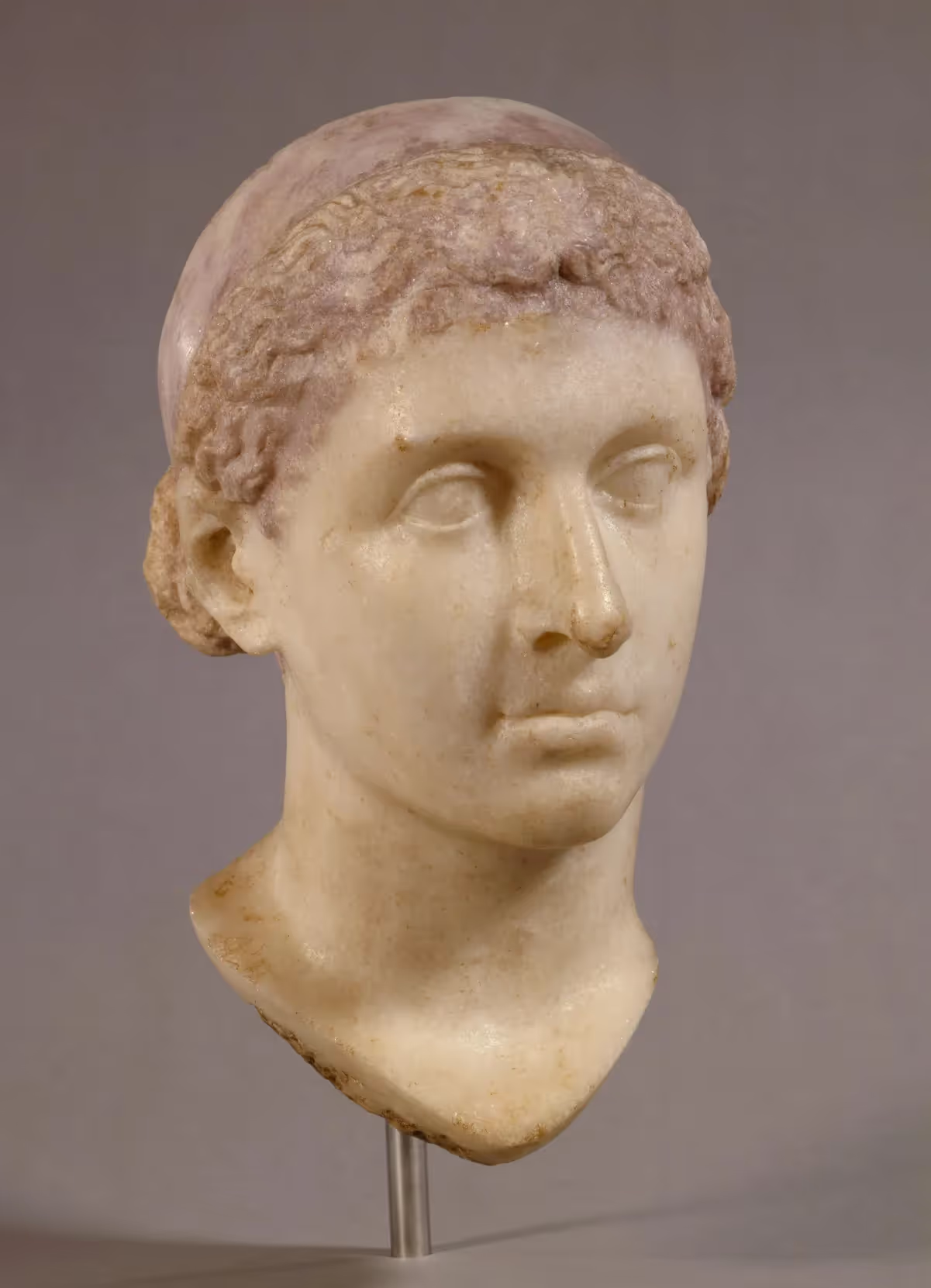

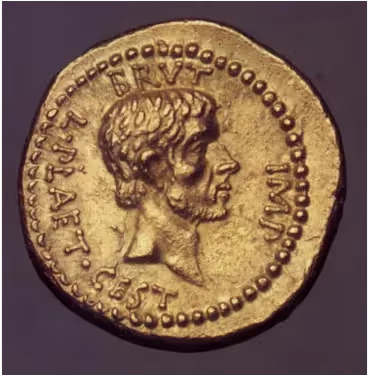
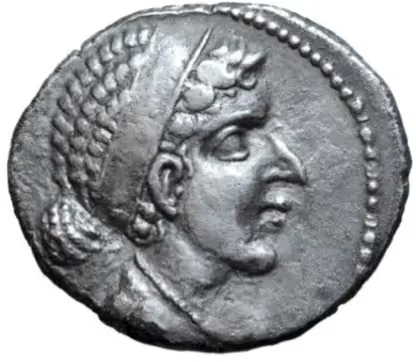
.avif)

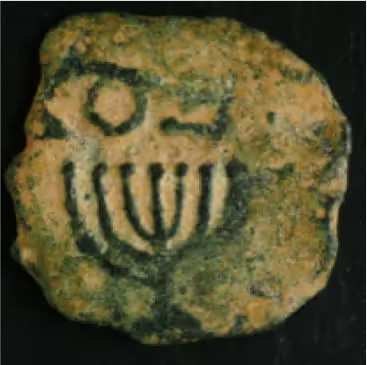

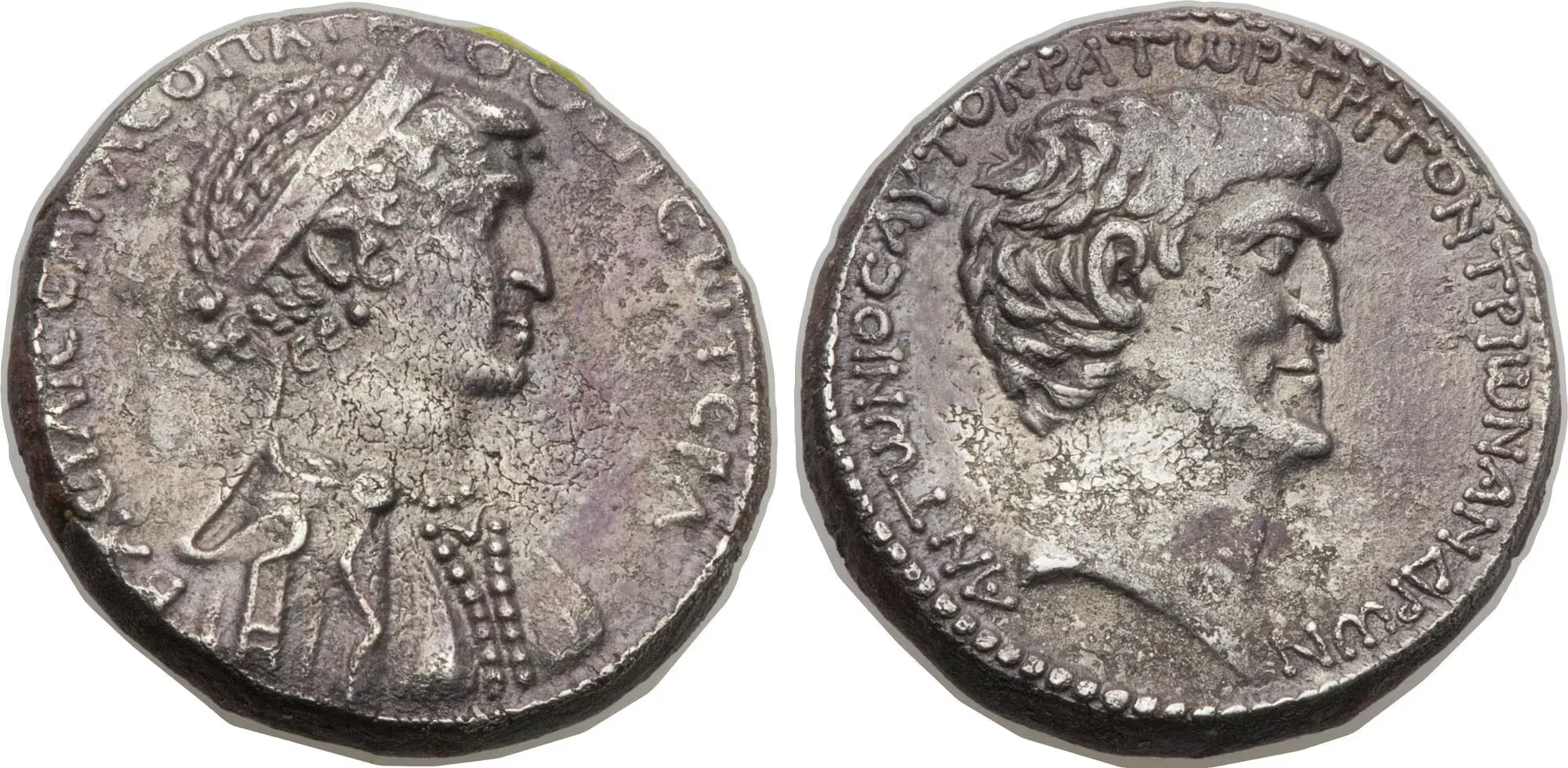
.avif)

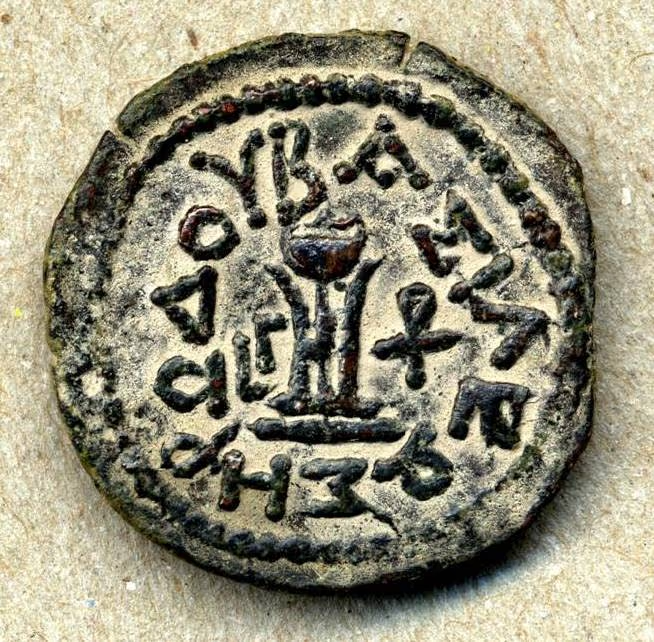


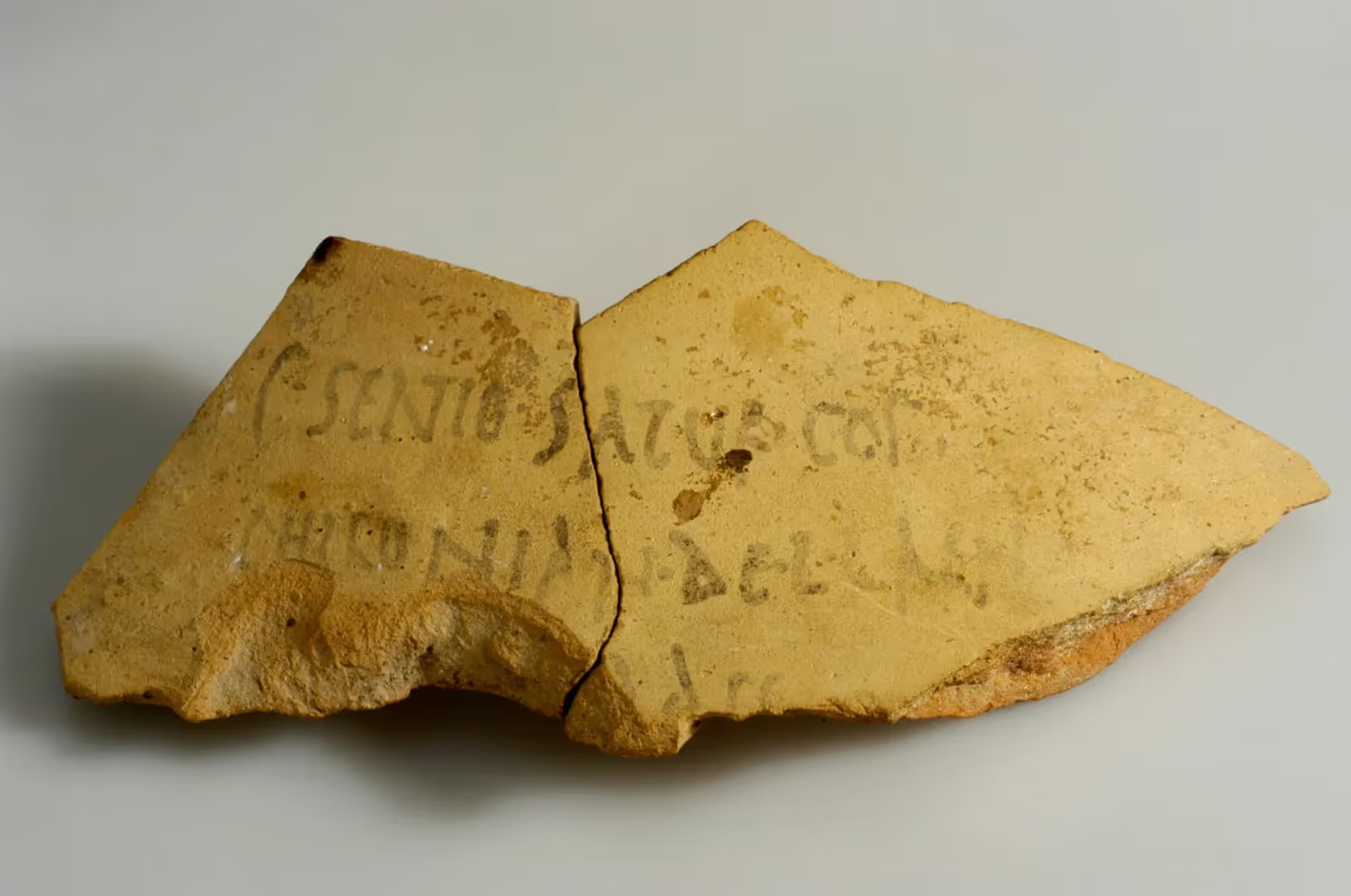


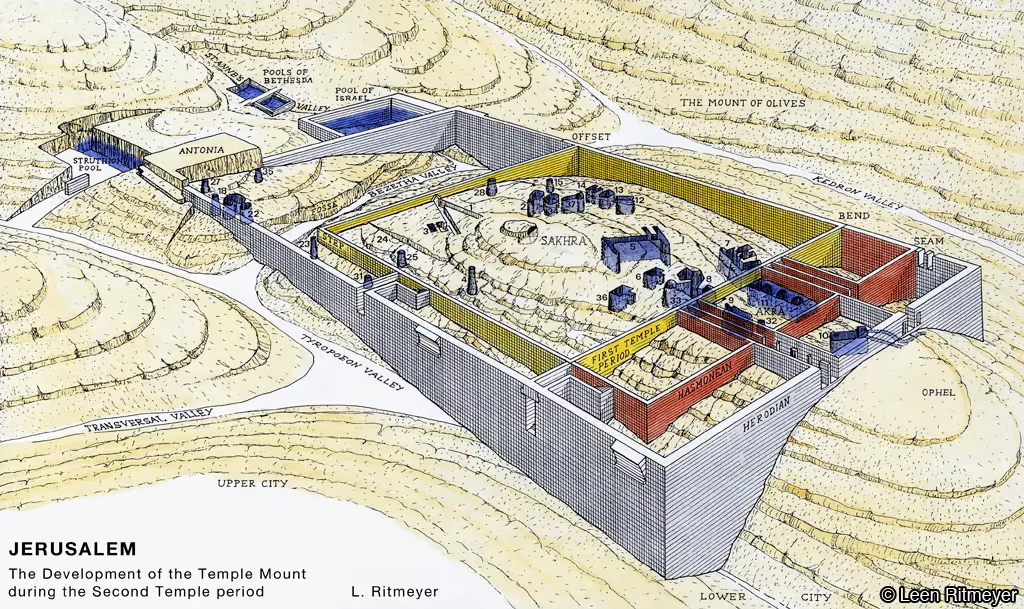
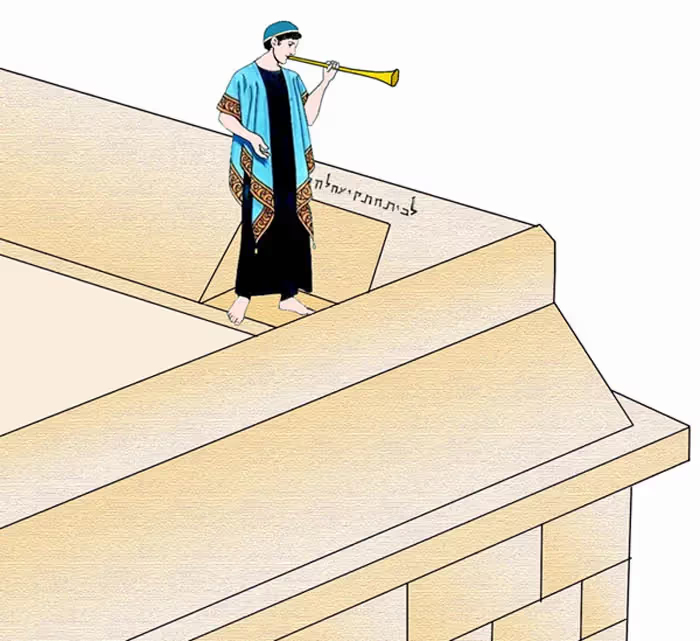

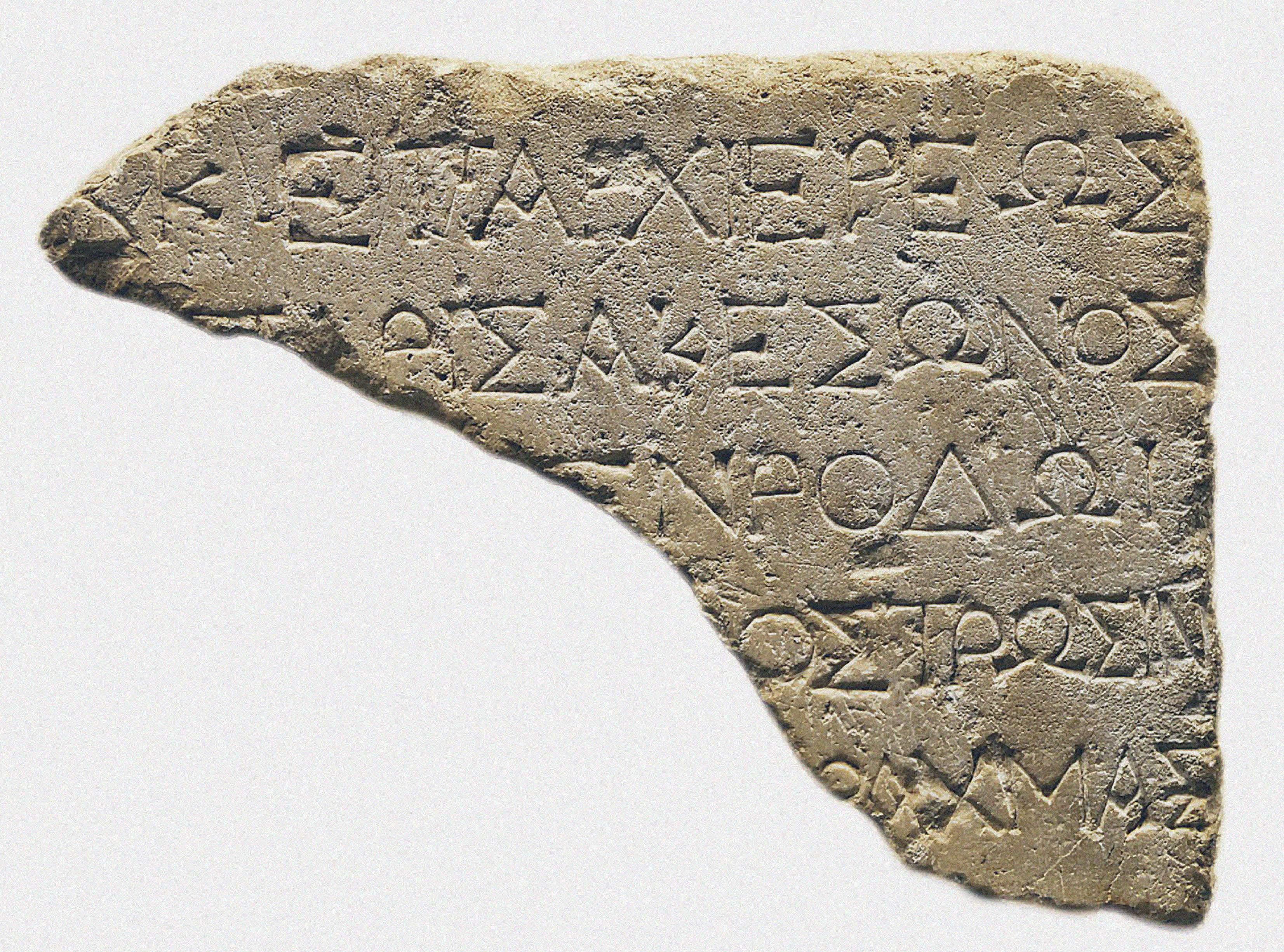
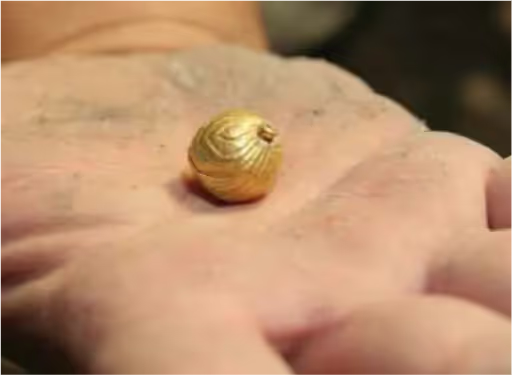

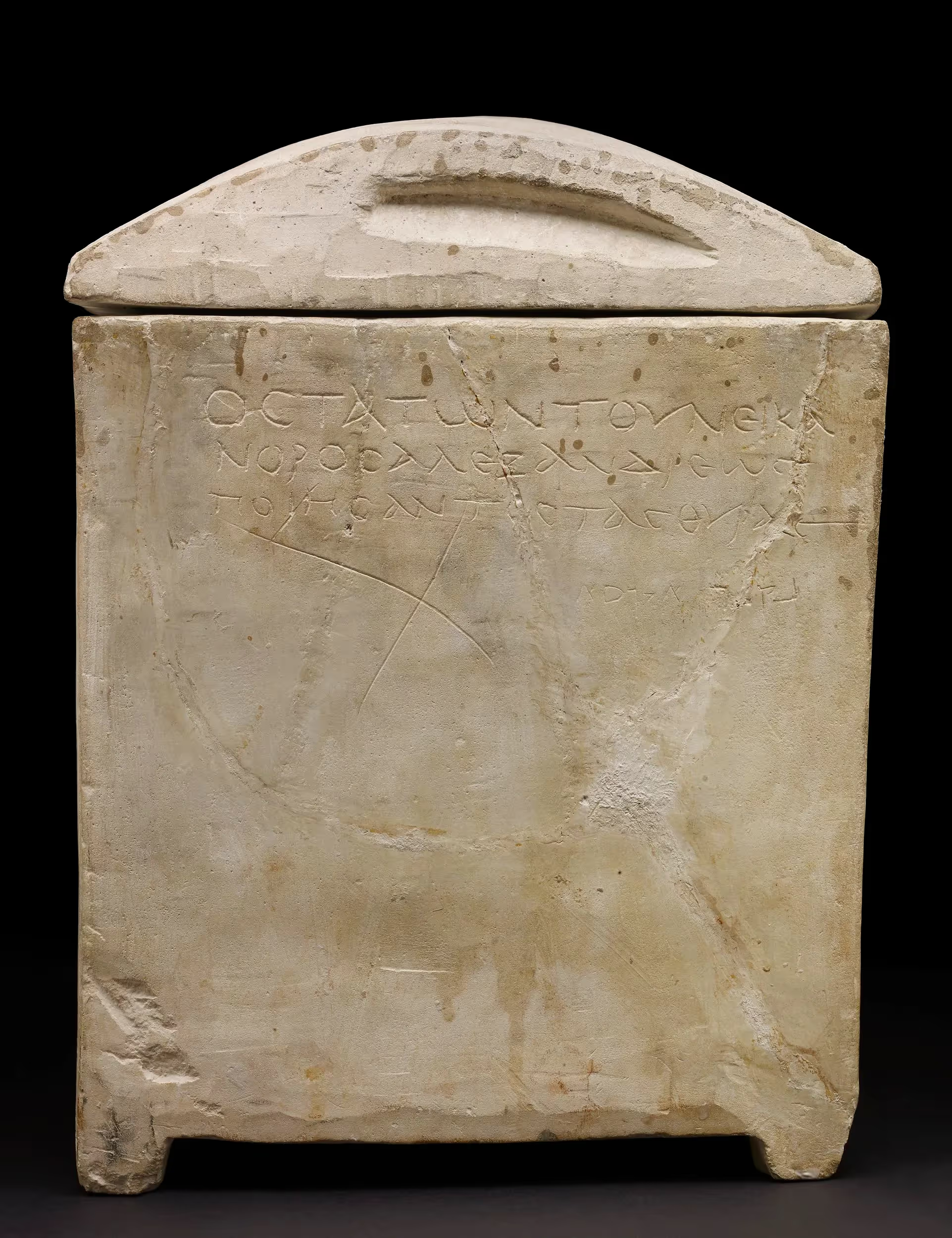

.avif)

